Brinjal or eggplant is scientifically known as Solanum melongena. It is a tropical, perennial vegetable grown for its edible fruits. It is generally grown as a half-hardy annual plant for vegetable purposes. Brinjal fruit is a berry and these berries are used as vegetables. Brinjal is known by different names in different regions. Brinjal is known as ‘eggplant’ in the USA and Australia and ‘aubergines’ in the UK. Brinjal is a self-pollinated crop.
There are hundreds of food recipes involving brinjals in various forms. Brinjals are never consumed raw because raw fruits have an astringent quality with a slightly bitter taste. Some brinjal variants may taste bitterer. In such cases, before cooking, fruit slices may be smeared with salt and kept aside for some time to remove the bitterness. Brinjals are always consumed after cooking. Cooked brinjals have a pleasant aroma and rich, complex flavor. Brinjal can be cooked in several ways; it can be grilled, fried, steamed, stuffed, sautéed, pickled, roasted, stewed, curried and barbecued.
Fried Brinjals and Brinjal Fritters: Brinjals may be deep fried to make brinjals fritters and stir-fried alone or with other vegetables to make vegetable fries.
Brinjals in vegetarian and non-vegetarian food preparations: Brinjals may be used in preparing different types of vegetable preparations or may be added as an ingredient in non-vegetarian food preparations.
Brinjals as Starter Foods: There are several types of starter foods that can be prepared with brinjals.
Nutrition in Brinjal: According to USDA (the United States Dept. of Agriculture); the nutrient composition in 100 grams of edible portion of raw brinjal fruits is: Water-92.3 g, Energy-25 kcal, Protein-0.98 g, Total lipid (fat)-0.18 g, Carbohydrate-5.88 g, Fiber-3 g, Sugars-3.53 g, Calcium-9 mg, Iron-0.23 mg, Magnesium-14 mg, Phosphorus-24 mg, Potassium-229 mg, Sodium-2 mg, Zinc-0.16 mg, Vitamin C, total ascorbic acid-2.2 mg, Thiamin-0.039 mg, Riboflavin-0.037 mg, Niacin-0.649 mg, Vitamin B-6-0.084 mg, Folate-22 ug, Vitamin A-23 IU, Vitamin E (alpha-tocopherol)-0.3 mg, Vitamin K (phylloquinone)-3.5 ug, Fatty acids, total saturated-0.034 g, Fatty acids, total monounsaturated-0.016 g and Fatty acids, total polyunsaturated-0.076 g.
We regularly publish informative videos on various “Food, Agriculture, Gardening and Horticulture” topics. You may view these videos here…
You may also check out our Digital Publishing Services for Food, Agriculture, Gardening and Horticulture Sector by visiting this link


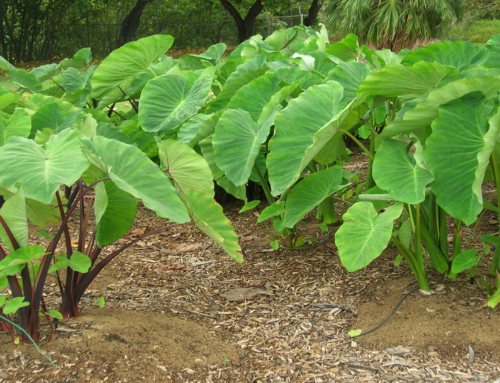
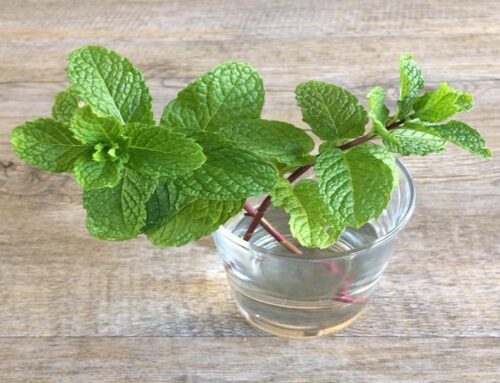
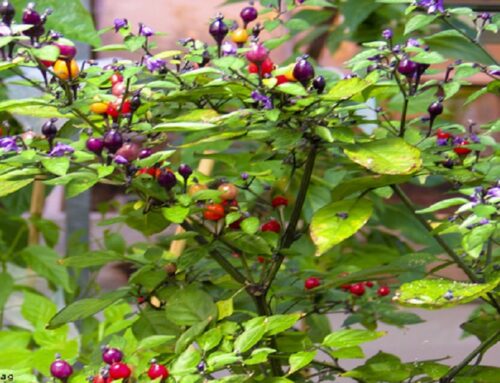
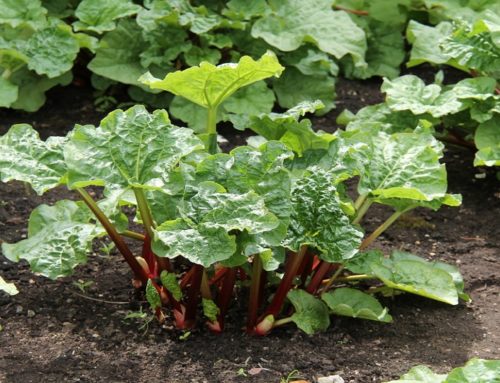
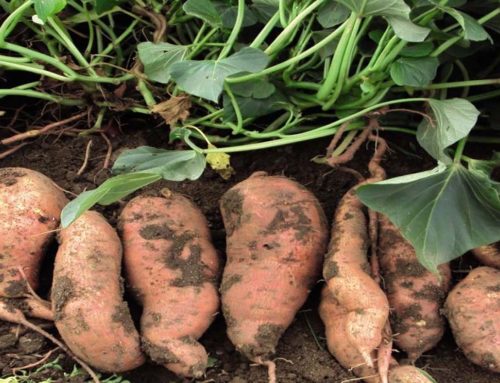
Leave A Comment
You must be logged in to post a comment.